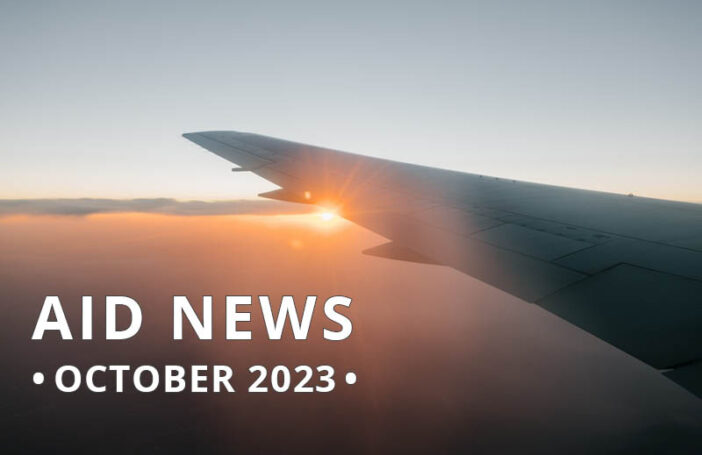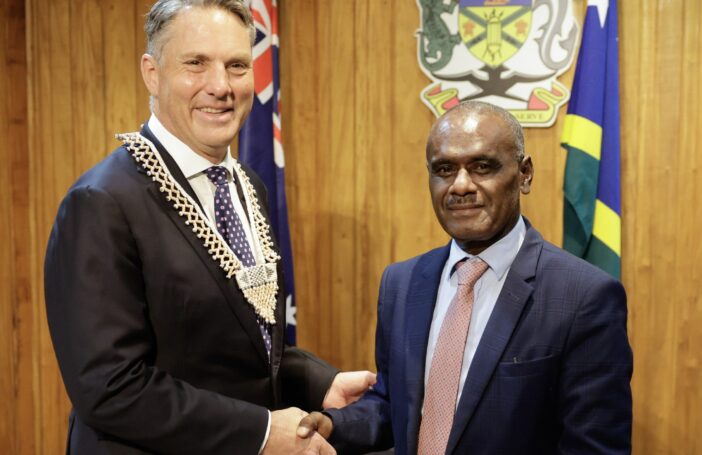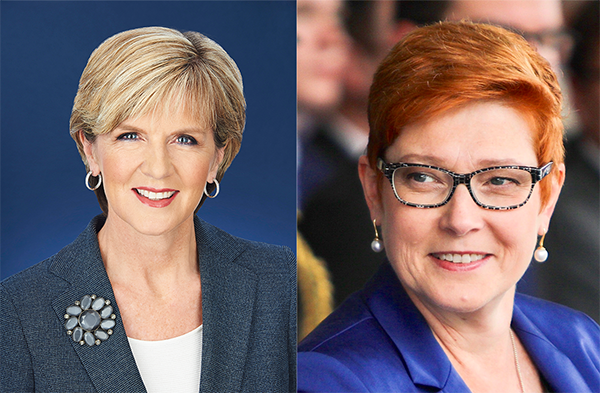 President Obama said nothing about total aid funding in his MDG Summit speech (my analysis of Obama’s remarks, and those of Wen Jiabao, here). This isn’t surprising, given the dire fiscal straits in which the US Government finds itself.
President Obama said nothing about total aid funding in his MDG Summit speech (my analysis of Obama’s remarks, and those of Wen Jiabao, here). This isn’t surprising, given the dire fiscal straits in which the US Government finds itself.
For the same reason, many were sceptical that the new Conservative-led UK Government would honour the pledge of the previous Labour Government to lift aid to 0.7 percent of GDP by 2013. But, in his speech, Deputy Prime Minister Nick Clegg (pictured) not only reaffirmed this commitment, but said that this goal would be enshrined in law. Given the slash-and-burn cuts being applied to other parts of government, that’s a pretty impressive commitment. And a testimony to the campaigning of NGOs over the years.
It was unfortunate that Clegg didn’t mention some of the aid reforms the new British Government has embarked on. Some of them are quite radical: using aid to fund cash transfers, putting in place a Transparency Guarantee, and, most important of all, establishing an Independent Commission for Aid Impact which will report directly to parliament. These are exactly the sort of ideas we should be debating in Australia.
In style, Foreign Minister Rudd’s speech was similar to Wen’s: full of announcables.
Apart from re-affirming Australia’s commitment to double the aid program by 2010, the Foreign Minister announced $1.6 billion for women and child health, $1.6 billion to food security, and $1.2 billion for climate change. He also promised that 0.15% of Australia’s Gross National Income (GNI) would be dedicated to least developed countries (LDCs). Combined with his $5 billion education announcement of a few days earlier, Rudd managed to spend almost $10 billion in his first week on the job.
Of course, we don’t know how much of this is new spending. Education is already about 20% of the aid program, and if it keeps that share and the aid program grows to $8 billion, then we’ll be spending almost $2 billion a year on education, which puts a $5 billion multi-year commitment in perspective.
The least-developing country commitment seems the most significant, with 0.15% of GNI by 2015 equivalent to about $2.5 billion. Australia’s major aid recipients – PNG and Indonesia – are not classified by the UN as LDCs. Some other Asia-Pacific countries are, such as Solomon Islands and Timor Leste. By 2015, they might lay claim to, say, $500 million, which still leaves about $2 billion for Africa, home to the great majority of the LDCs.
Whether such a big scale-up to Africa is warranted is unclear, and would depend in large part how it is done. The African aid scene is very crowded, and it would make much more sense for Australia to make its contribution to Africa through multilaterals rather than bilaterally through AusAID.
Rudd’s speech gave few clues as to just how Australia is going to scale up its aid program. It’s worth recalling that exactly five years ago, at the last UN MDG Summit, Prime Minister Howard promised to double Australia’s aid program from $2 billion to $4 billion by 2010 subject, among other things, to ‘the effectiveness of the application of additional resources’.
Out of these announcements grew the 2006 White Paper which, whatever its weaknesses, did at least provide the aid program with a road-map. The doubling of aid was achieved on time, and some improvements were made in aid effectiveness, notably the creation of the Office of Development Effectiveness. But much more needs to be done to ensure value for money for the Australian aid program: for more on this, follow the Aid Open Paper on the new Development Policy blog.
He didn’t do it in New York, but I hope that Foreign (and Aid) Minister Rudd soon signals that, with the next doubling of aid volume will come the next round of reforms in aid effectiveness. Our commitment to the Millennium Development Goals demands nothing less.
Professor Stephen Howes is Director of the Development Policy Centre at the Crawford School, ANU. He participated in last Friday’s Lowy Institute MDG panel discussion; video of the event here.






Since giving his MDG Summit statement, Kevin Rudd delivered a speech on the Australian aid program at a dinner with NGOs on 20 October. It was encouraging that he highlighted the importance of research and evidence in guiding the aid program and improving the quality of aid.
Below are five basic principles that he said would guide his approach to the delivery of Australia’s aid program.
1) maximise aid effectiveness with a central emphasis on the measurement of real development outcomes against the MDG targets we have accepted.
2) draw on the best research and practical experience to make evidenced-based decisions.
3) full engagement, support and ownership of recipient countries and communities.
4) fully knowledgeable of, and when appropriate, fully engaged with the UN, UN agencies and the International Financial Institutions including the World Bank.
5) active and creative engagement of Australian NGOs because we do not see ourselves as having a monopoly on wisdom.
He also announced that $40 million in savings from more selective use of technical assistance in PNG would be used for health and education programs. This is a start, yet more could have been said about how the broader and deeper reforms that will improve the impact of Australian aid.
http://www.foreignminister.gov.au/speeches/2010/kr_sp_101020.html